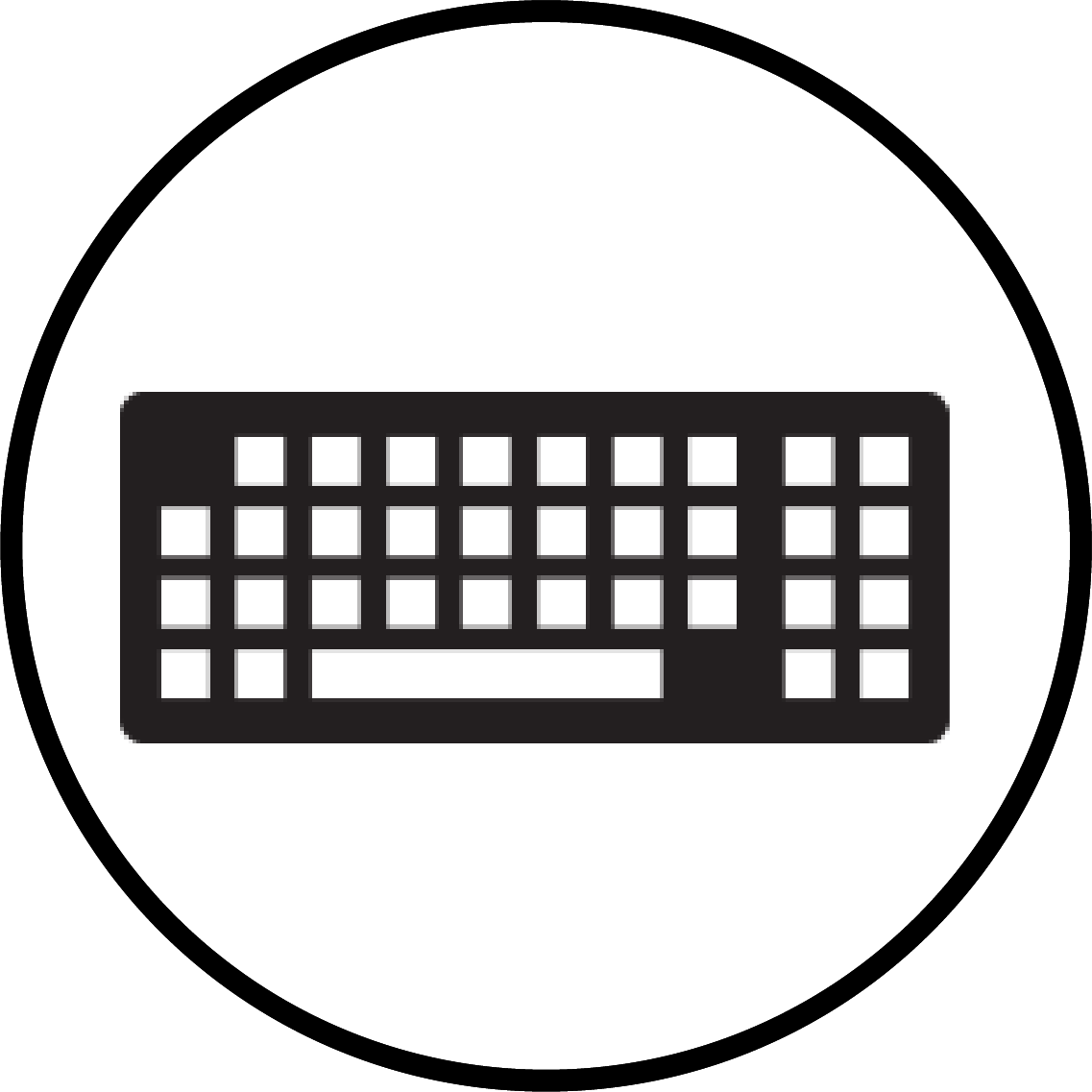
On Monday, 28 October 2016, The Mossawa Center called on members of the Knesset Financial Committee to increase the budgets allocated to welfare and poverty alleviation in the 2017-2018 budget. The NIS 6.47 billion budget for the Ministry of Welfare in 2016 is insufficient to close persistent gaps between the Arab and Jewish populations in Israel.
According to Mossawa’s recent report on the budget, "Health and welfare are severely neglected in the Arab population. Both areas were overlooked in Government Resolution 922 despite the large gaps in disability, poverty, hunger, and mortality rates between Arab and Jewish citizens.” The 2014 National Insurance report indicated that 52.6% of Arab families live below the poverty line, while just 13.6% of the Jewish population lives in poverty. Poverty rates rose among Arab families from 51.7% in 2013 to 52.6% in 2014. By contrast, the overall number of individuals in the Arab population living in poverty decreased by 4%, due to the decrease in Arab family sizes.
Persistent issues in the Arab community resulting from poverty demand immediate attention. According to Mossawa’s analysis, birth defects, disabilities due to work-related accidents, crime, and drug use are a far greater burden to the national economy than investment in preventative measures.
The Ministry of Social Services and the National Insurance Institute, which manages a special fund to provide assistance to citizens in need, bear the greatest burden for high levels of poverty in the Arab community. The procedure for receiving benefits from these government agencies and private insurance companies is often too complicated and bureaucratic to navigate without assistance. The creation of Rights Centers to assist citizens in need of social services will streamline the process of distributing funds for poverty alleviation.
The Mossawa report recommends dismantling the “matching” system, which allocates funds for social workers’ salaries and prevents many Arab localities from hiring social workers. Ending the matching system will improve access to social services in poor localities. In addition, all staff, including graduates of Jordanian and Palestinian universities, must receive the necessary training to help applicants utilize benefits.
Following recommendations published by the Committee to Fight Poverty in Israel in 2014, NIS 100 million was budgeted in 2016 for new “Noshmim l’Revacha” programs in 94 localities and Rights Centers in 103 localities, including 50 Arab localities. These programs will assist 16,500 families throughout Israel. The Mossawa Center calls to increase budgets for poverty relief to NIS 250 Million in the 2017-2018 budget.
The Mossawa Center recommends that the Ministry of Welfare:
· Terminate the matching system for funding social workers.
· Expand the plan for fighting poverty, including creating Rights Centers and individualized assistance.
· Improve services for elderly care.
· Improve services for assisting girls and women in crisis.
· Improve services for handling mendicancy and child exploitation.
· Improve services for rehabilitating and reintegrating prisoners into the community.
· Implement a program to build welfare offices, instead of renting office space.
· Allocate the resources needed to ensure access of marginalized communities, including unrecognized villages, to health services

























